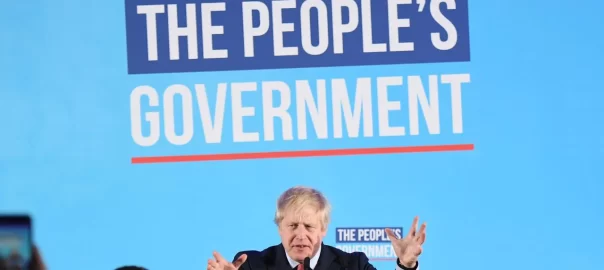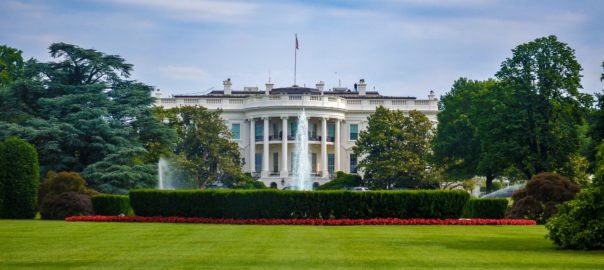In previous posts I argued that: (1) the UK’s working classes have lost out as a result of our rulers’ responses to covid, the war in Ukraine, and inflation; and (2) this outcome wasn’t necessary. The next step is to explain why elites responded in the way that they did, why they chose policies detrimental to the working class. In this essay, the focus will be on the decision to tighten monetary policy in the face of rising prices. Subsequent posts will examine the choices of proxy war with Russia and lockdowns.
Explanations of the policy response to inflation have come in three types: those emphasising a monetarist bias; those concentrating on central bank credibility; and those focusing on distributional conflict. The first two can be readily dismissed, as we’ll see, but the third puts us on the right track: the response to inflation has been detrimental to the working class because policymakers have prioritised the interests of productive capital; this reflects not only a structural advantage enjoyed by capital but also the weakness of Britain’s labour movement.
As I’ve detailed elsewhere, current price rises have been driven primarily by supply-side shocks (lockdowns, the war in Ukraine) and secondarily by corporate profiteering. The policy response, however, has been to hike interest rates, giving the impression that our rulers are treating inflation as a problem of excess aggregate demand. According to this approach, tighter money should remove demand from the economy and so bring prices down. This may well happen. But the point here is that, from the standpoint of the working class, a better approach would be for policymakers to promote supply-enhancing measures and to rein in price gouging. So why haven’t they done these things?
Continue reading Tighter money as class conflict: why the UK’s working classes lost out









